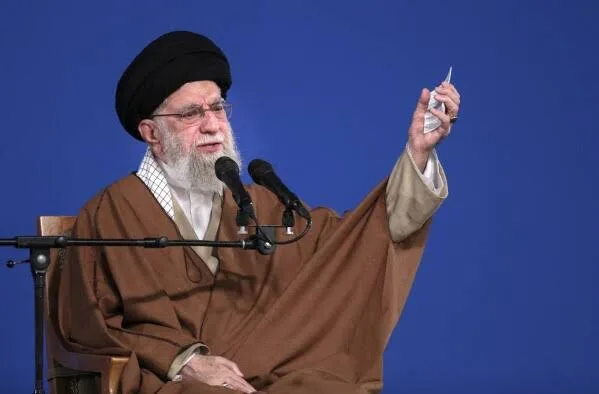In a dramatic escalation of tensions in the Middle East, Iran has announced its decision to close the Strait of Hormuz, a vital waterway connecting the Persian Gulf to the Gulf of Oman and a crucial route for international oil shipments. The move comes as a direct response to the recent US military strike that targeted Iranian-backed forces in Iraq, which Tehran views as a grave provocation. As the region teeters on the brink of all-out war, Iran’s decision has sparked widespread concern among Gulf nations and the global community, with fears of potential further nuclear strikes and disruptions to global oil supplies.

The Strait of Hormuz, approximately 21 miles wide at its narrowest point, is a critical passage for oil tankers and cargo ships. About 20% of the world’s oil supply passes through this strait, making it a significant chokepoint in global energy trade. Iran’s decision to close the strait has raised concerns about potential economic and security implications for the region and beyond.
Gulf nations, including Saudi Arabia, the United Arab Emirates, and Qatar, have expressed deep concerns over Iran’s move, citing potential threats to regional stability and security. These nations have also raised concerns about the possibility of further nuclear strikes, given the heightened tensions between Iran and other global powers.
The international community is closely monitoring the situation, with many countries urging restraint and diplomacy to resolve the crisis. The United Nations has called for an emergency meeting to discuss the implications of Iran’s decision and potential responses.
The closure of the Strait of Hormuz would have significant economic implications, including potential increases in global oil prices and disruptions to supply chains. It would also pose significant challenges for Gulf nations, which rely heavily on oil exports for their economies.
Diplomatic efforts are underway to resolve the crisis, with various nations and international organizations engaging in talks with Iran to find a peaceful solution. The situation remains fluid, with many uncertainties surrounding the potential consequences of Iran’s decision.
As the situation continues to unfold, nations around the world are bracing for potential impacts on global energy markets and regional security.
